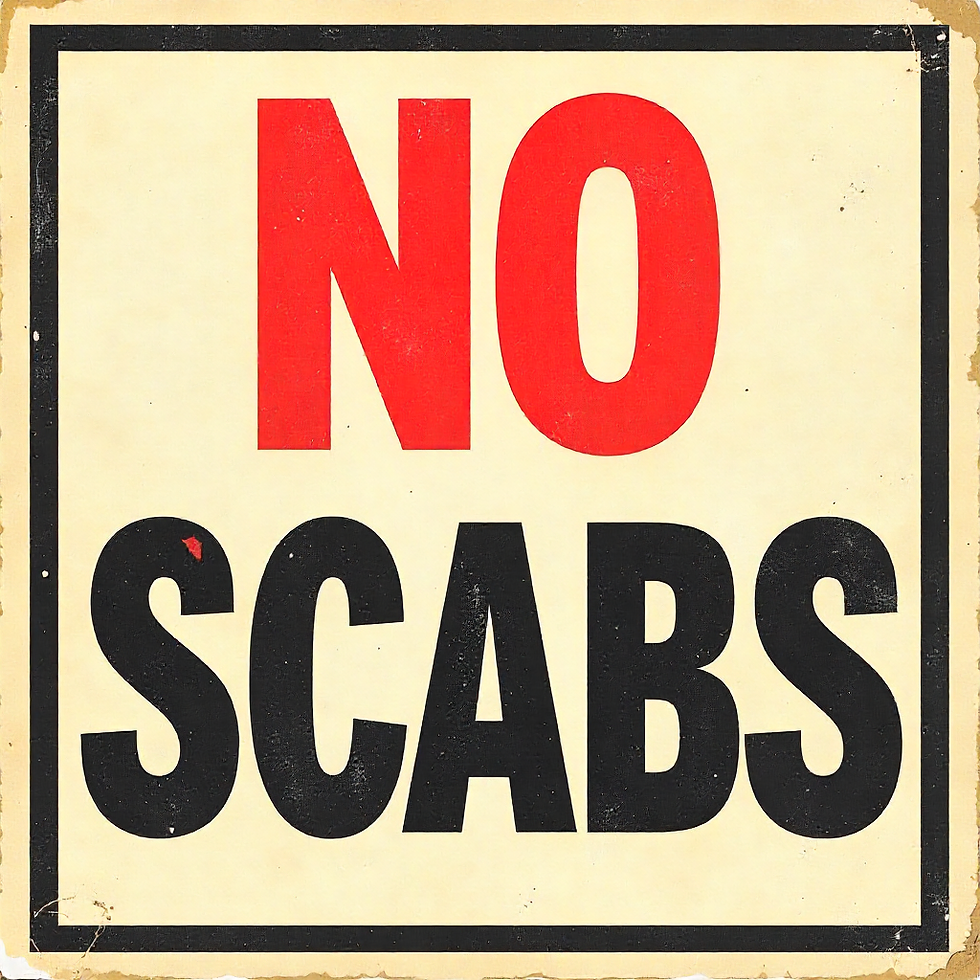Protecting Mental Health: Stress Leave Rights in Ontario
- lelsutoronto
- Nov 3, 2023
- 3 min read

The World Health Organization recently announced the theme for World Mental Health Day 2023: “Mental health is a universal human right” [1]. The statement signifies the growing acknowledgement and prioritization of mental well-being in society. However, employees struggling with stress, anxiety, or other challenges to their mental health may not fully grasp their rights to take leave in Ontario under the Employment Standards Act 2000, SO 2000, c 41 (“ESA”). Understanding these rights is crucial so that individuals can feel confident about taking a break for their mental health without facing negative consequences at work.
Can I take a stress leave?
Mental health challenges, like any other illness, sometimes necessitate time off work. In Ontario, the ESA entitles employees to take up to three unpaid sick days yearly. To qualify, an employee must have been employed for at least two weeks. Employees can take sick leave for illnesses, injuries, and emergencies, including those related to mental health challenges such as stress, anxiety, or burnout [2].
However, there are special rules and exemptions regarding sick leaves for certain professions. In certain jobs, such leaves may be considered an act of professional misconduct or a dereliction of professional duty. These jobs and industries include:
EMS, healthcare and health professionals;
Manufacturing, construction and mining;
Hospitality services and sales;
Transportation;
Agriculture, growing, breeding, keeping and fishing;
Household, landscaping and residential building services; and
Government employees and professionals [3].
Do I need to provide a medical note?
Some employers may require their employees to provide evidence to take the day off. This request has to be "reasonable in the circumstances" for the employee and their particular situation [4]. If an employer requires a medical note, they can only request limited information regarding the duration of the employee’s absence, the date of the visit to the healthcare professional, and whether the professional issuing the note personally examined the patient. Employers cannot ask for information about an employee’s diagnosis or treatment [5].
Do I need to inform my employer?
Under the ESA, employees are required to inform their employer before taking leave or as soon as possible. An oral notice will suffice. However, an employee will retain their right to sick or stress leave even if they fail to give notice [6].
Can my employer take action against me?
Sick leaves are legally protected. Thus, employers cannot threaten, fire or penalize employees for taking a stress leave [7]. Employees on leave have the right to continue to participate in benefit plans and the right to earn credits toward length of employment, length of service and seniority. Employees returning from leave are entitled to the job they had before their leave began, or a comparable job if the old position no longer exists [8].
Conclusion
Recent years have highlighted the importance of prioritizing mental health. As a result, employers have been called on to provide support for the increasing mental health needs of their employees, especially as they grapple with the unique stressors arising from remote and hybrid workplaces in a post-pandemic world. However, most employees in Ontario – regardless of their workplace – have a protected right to take leave under the ESA.
-YKJ
References:
[1] World Health Organization, “World Mental Health Day 2023”, online: <who.int/campaigns/world-mental-health-day/2023>.
[2] Employment Standards Act, 2000, SO 2000, c 41, s 50(1) [ESA].
[3] Industries and jobs with exemptions or special rules” (last modified May 31, 2023), online: <ontario.ca/document/industries-and-jobs-exemptions-or-special-rules>.
[4] ESA, supra note 2 at s 50(6).
[5] “Sick Leave” (last modified April 28, 2023), online: <ontario.ca/document/your-guide-employment-standards-act-0/sick-leave>.
[6] ESA, supra note 2 at ss 50(3)-(4).
[7] Ibid at s 74(1)(viii).
[8] Ibid at s 53(1).




Comments